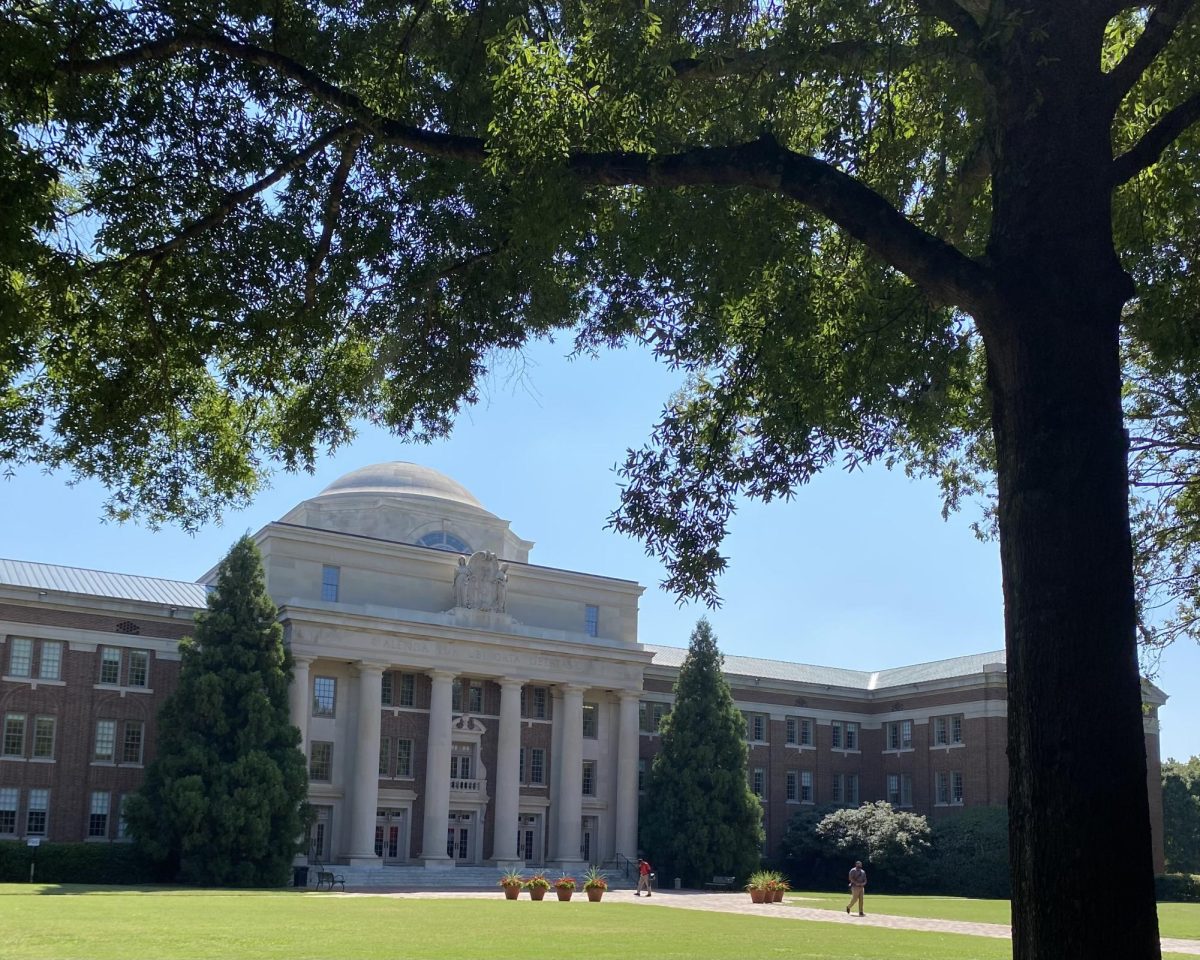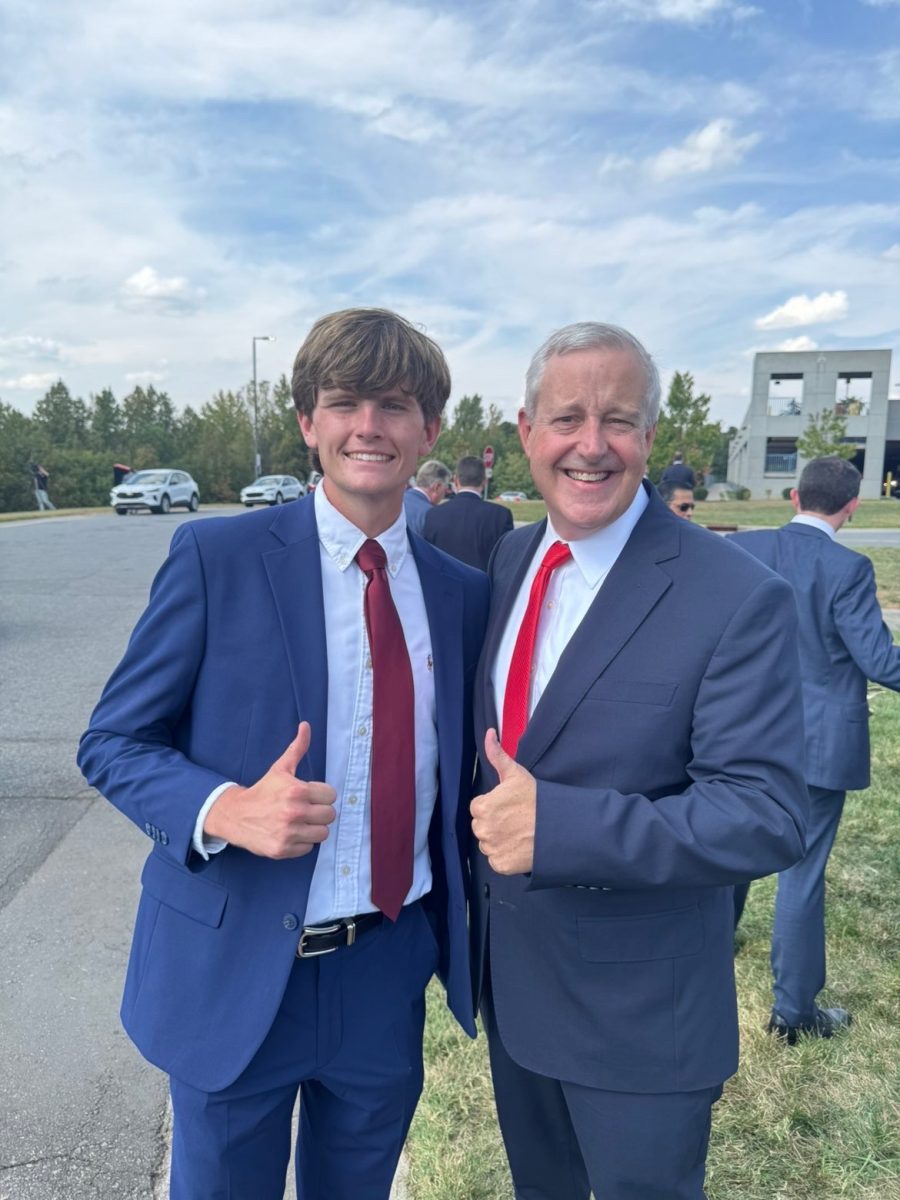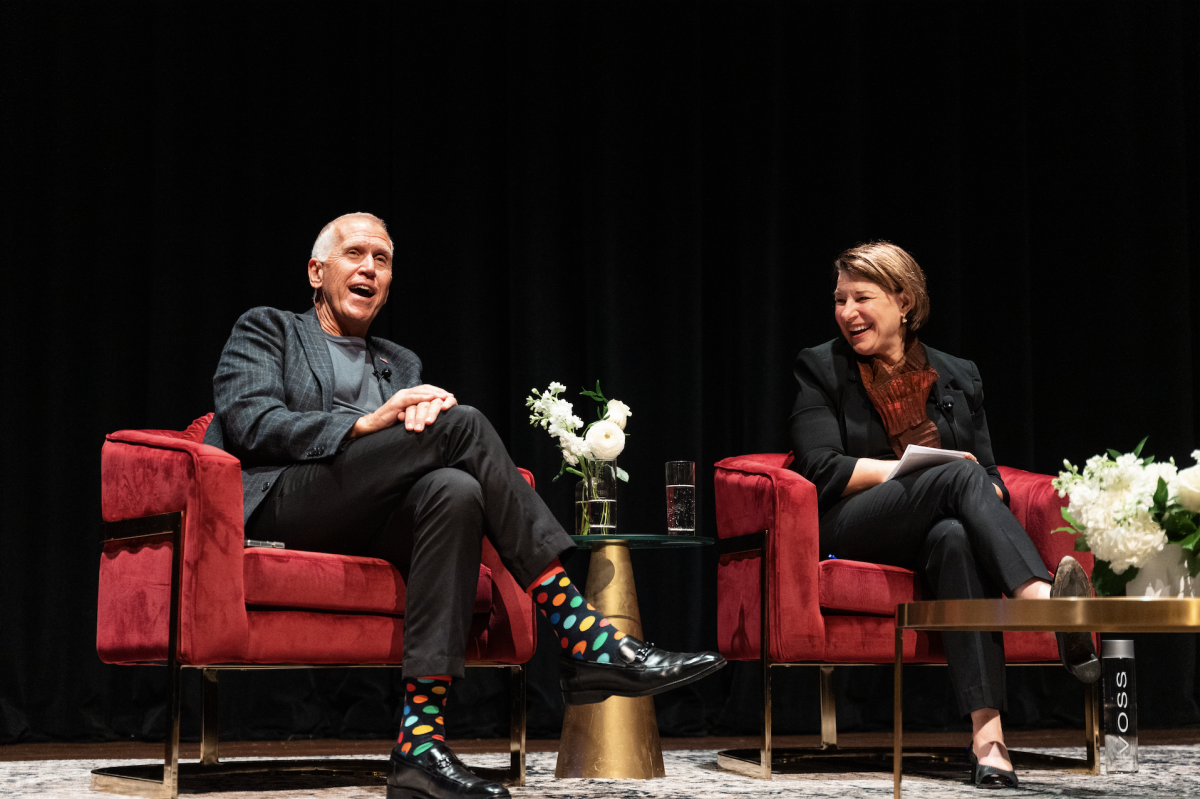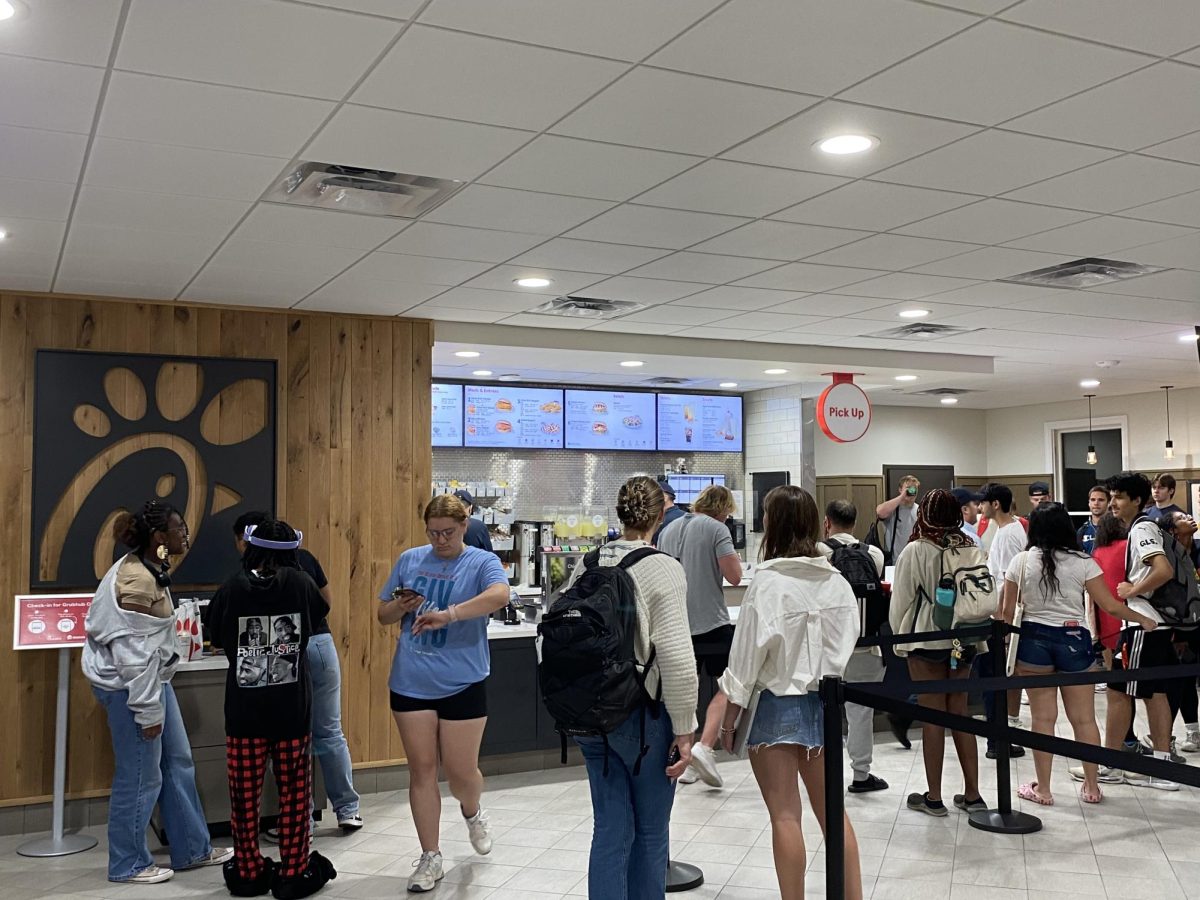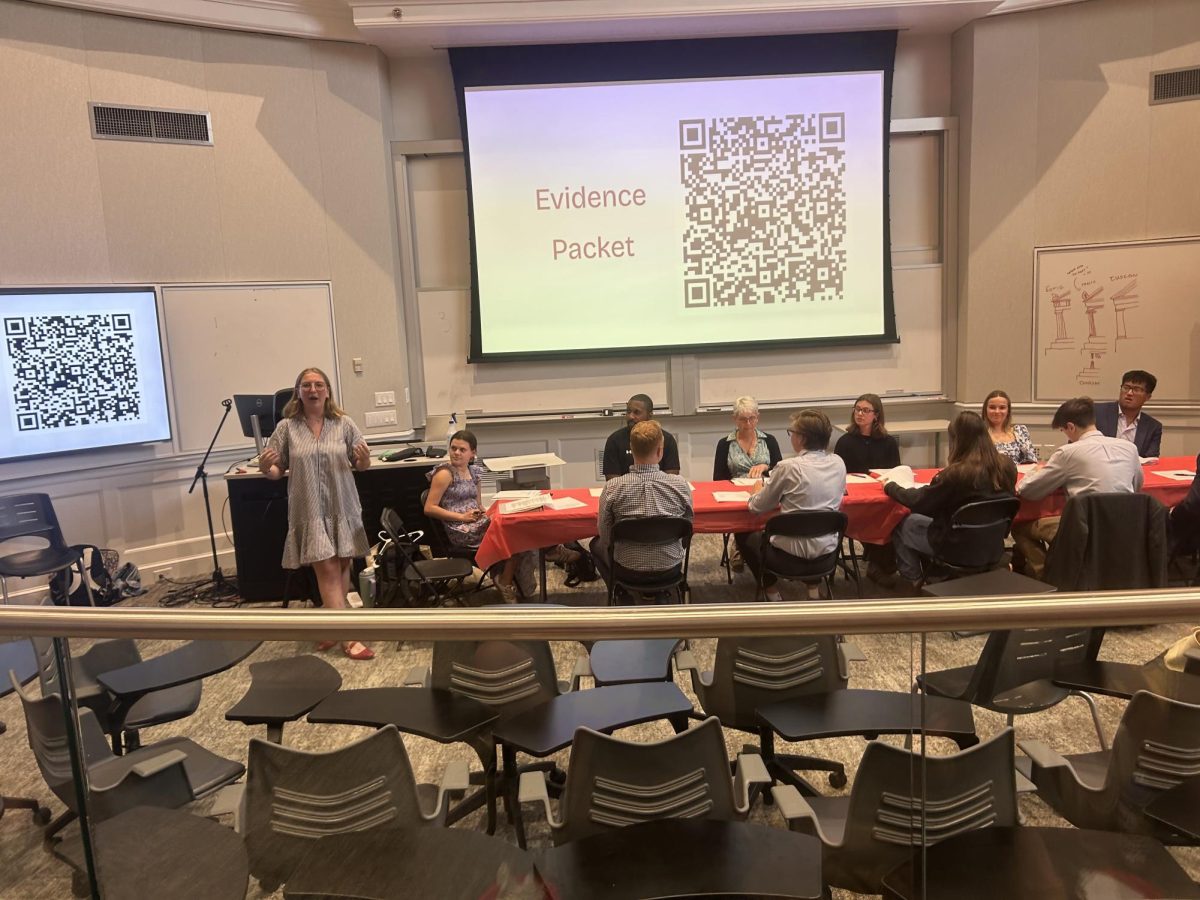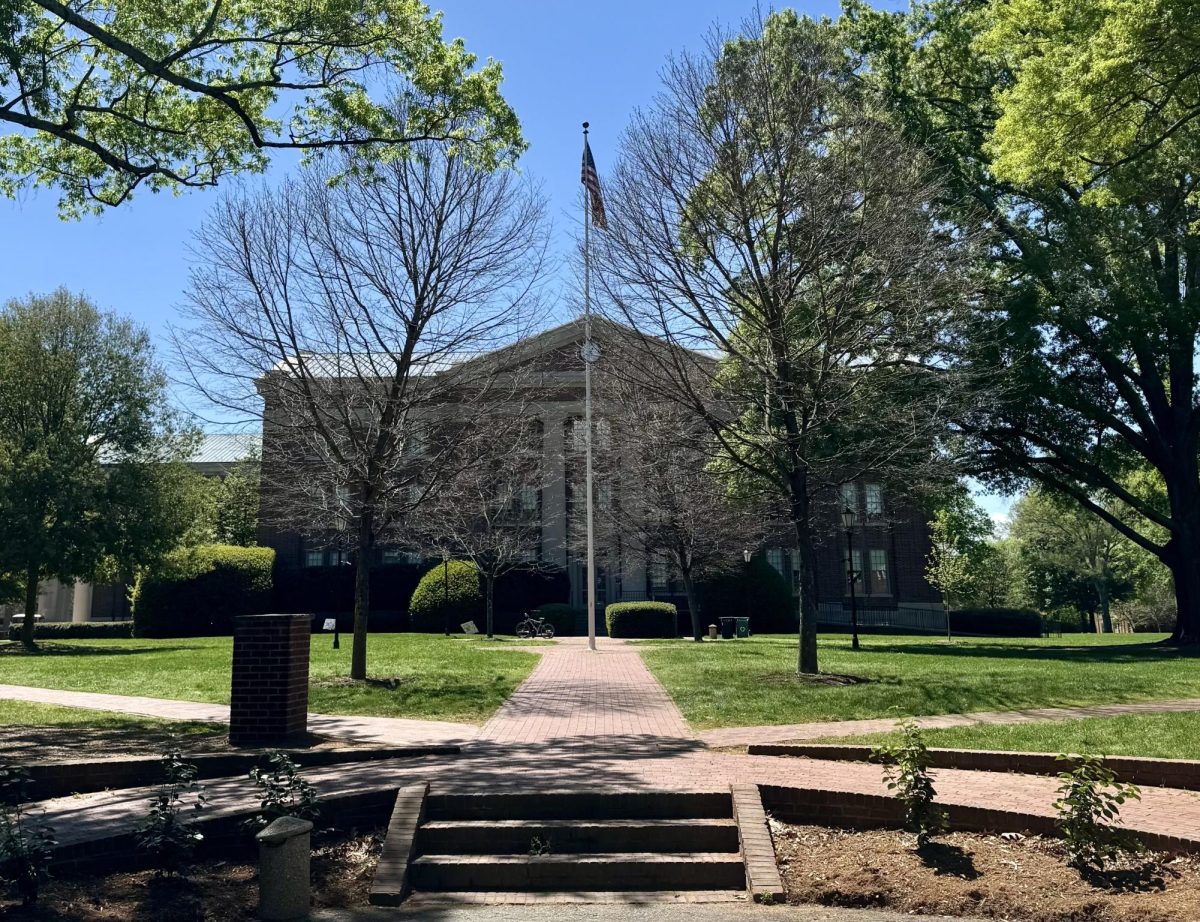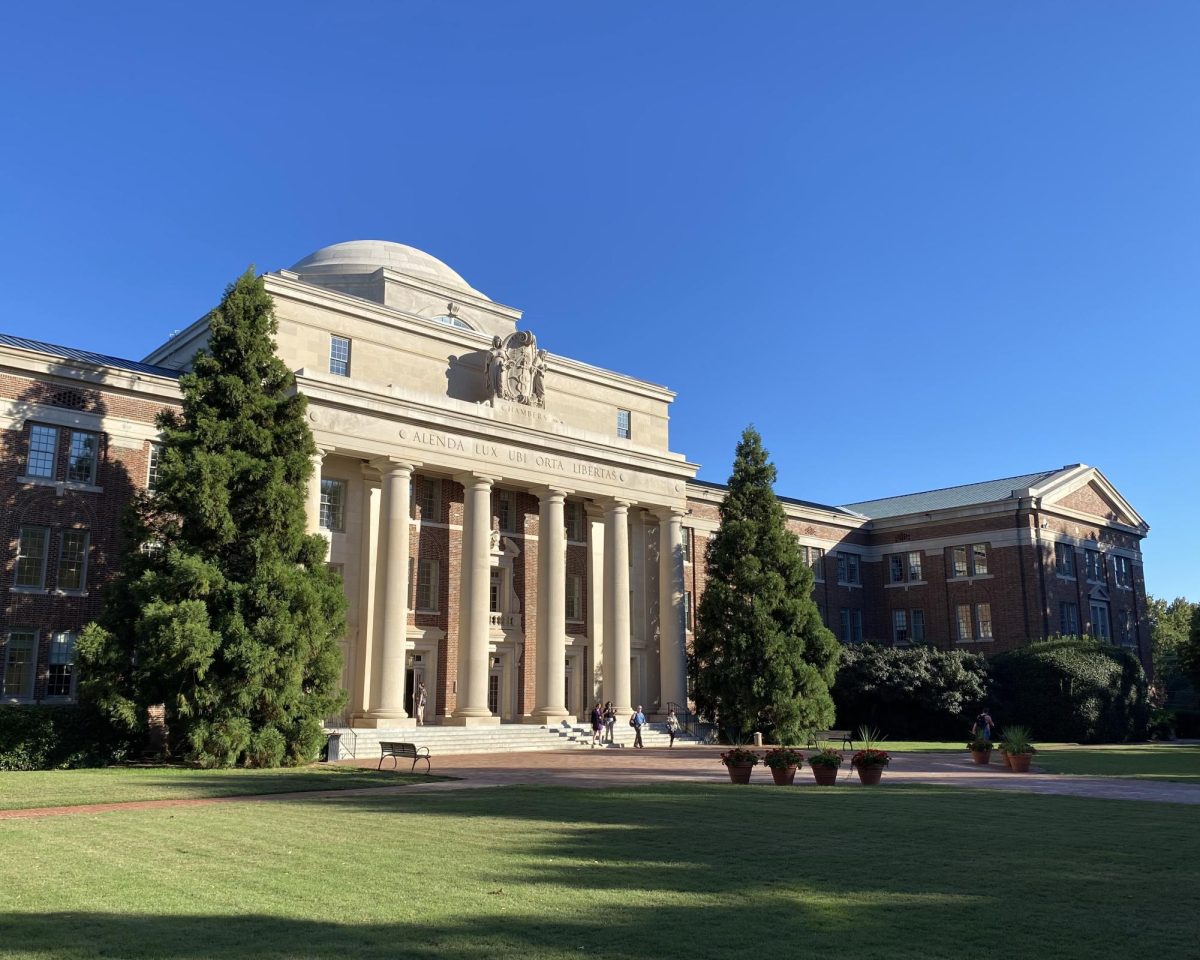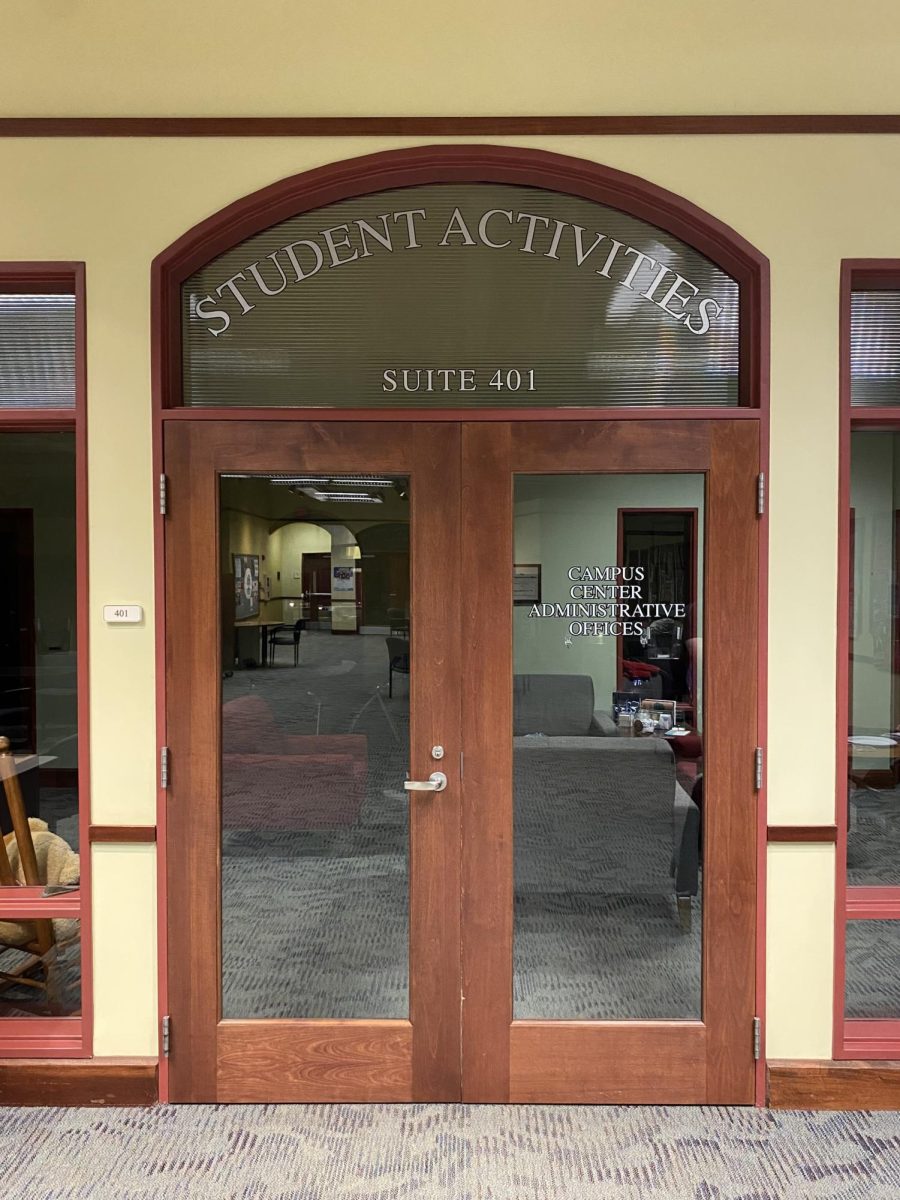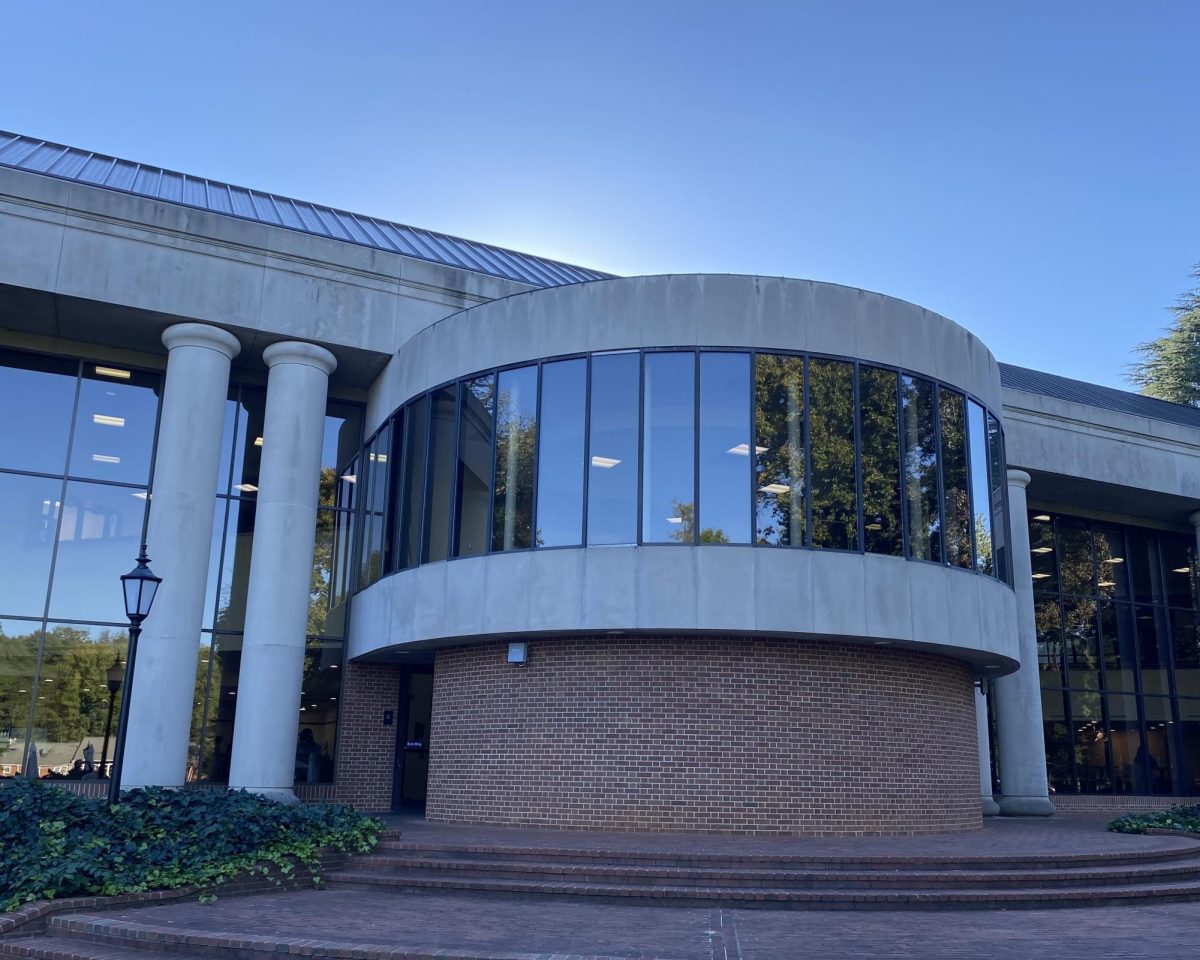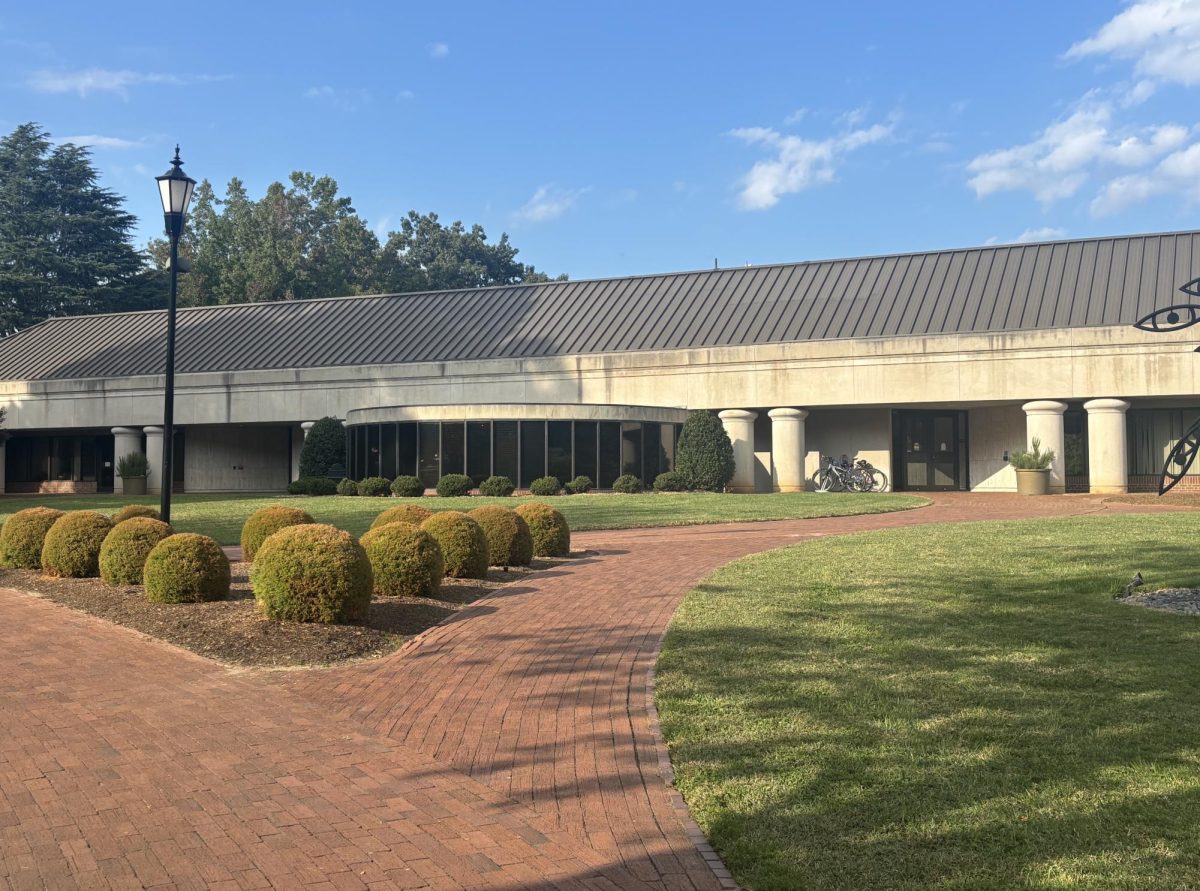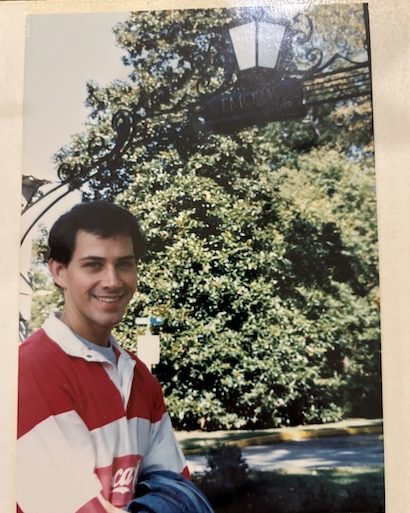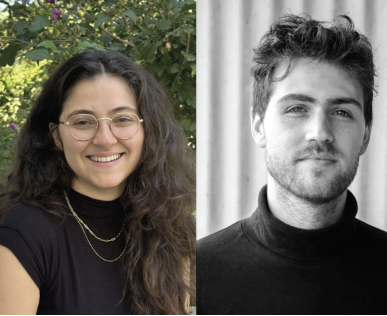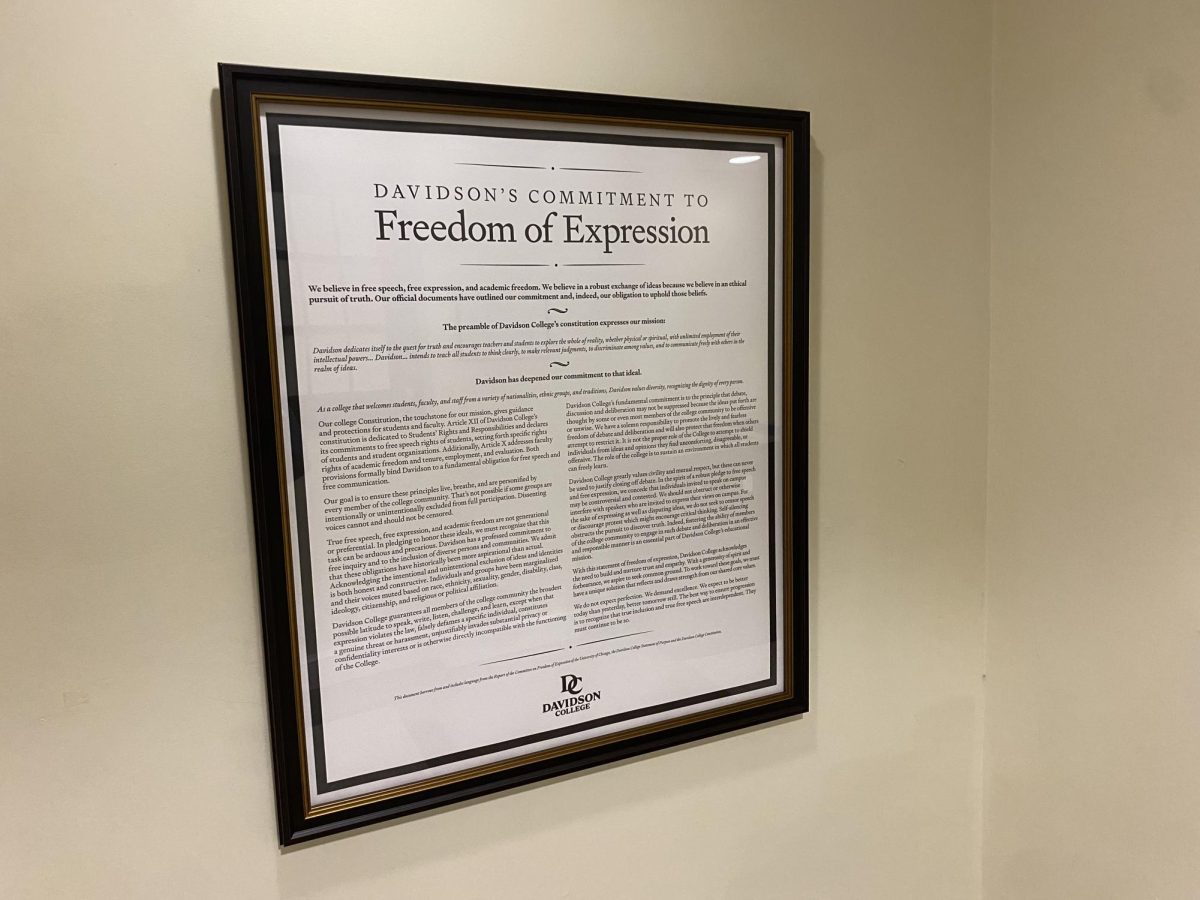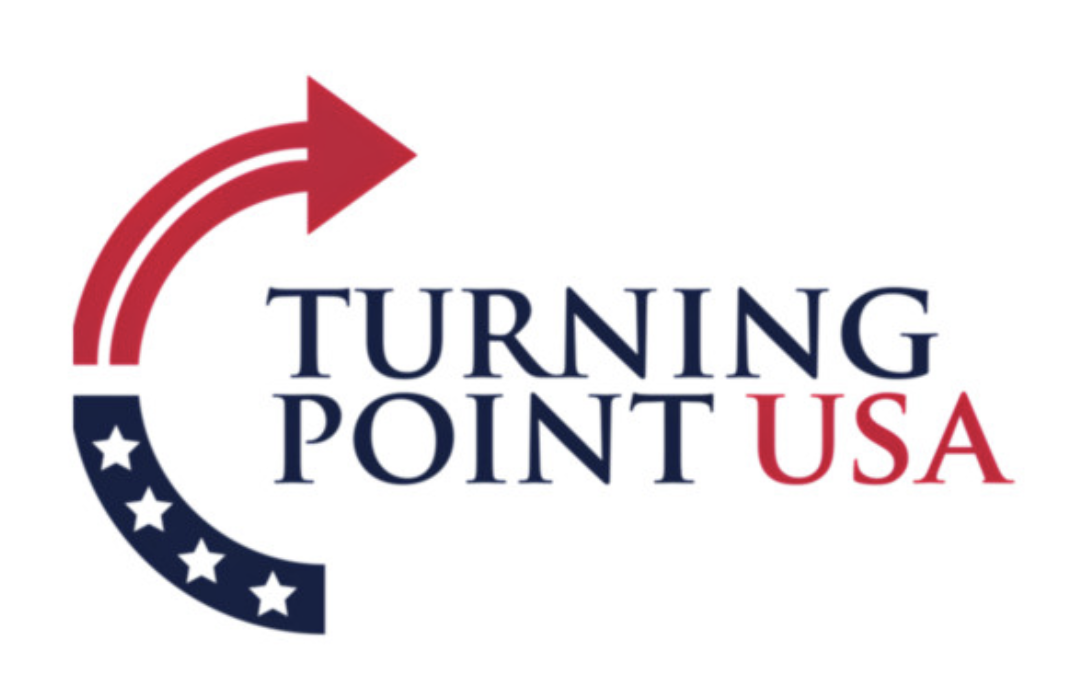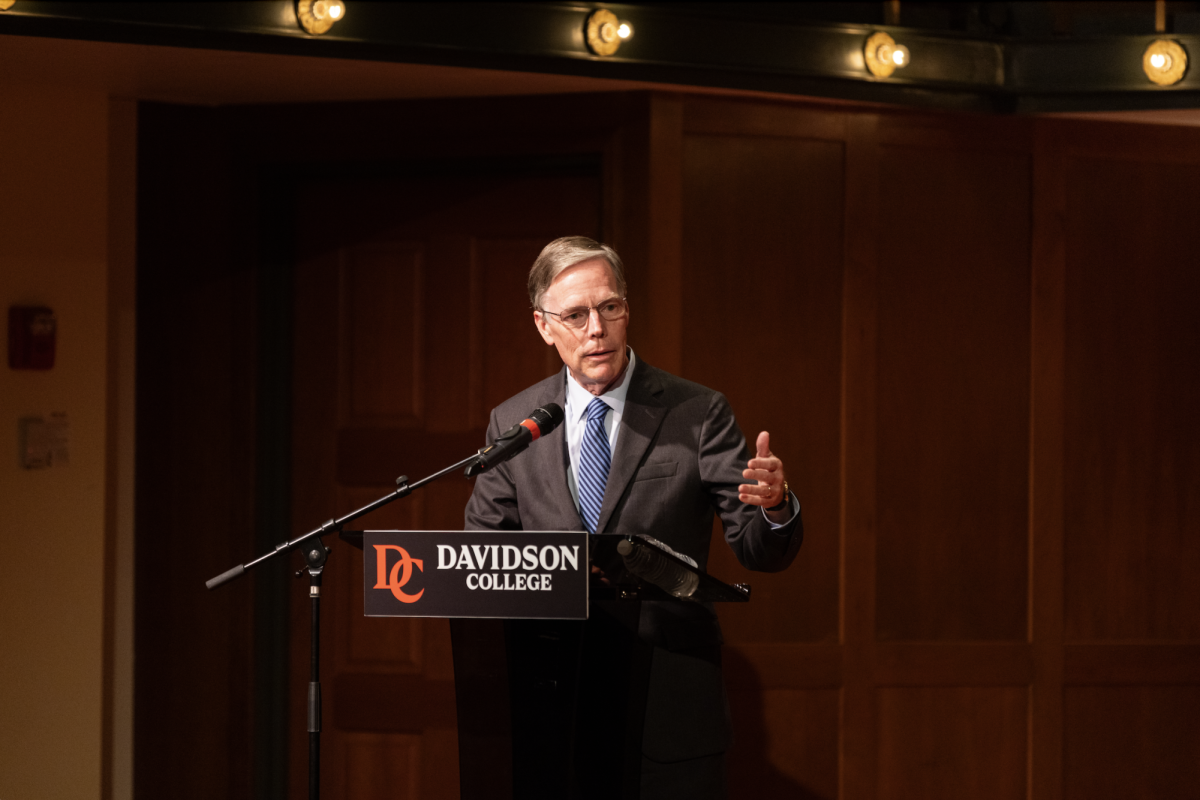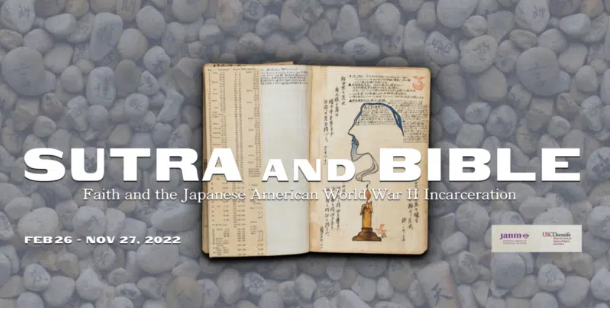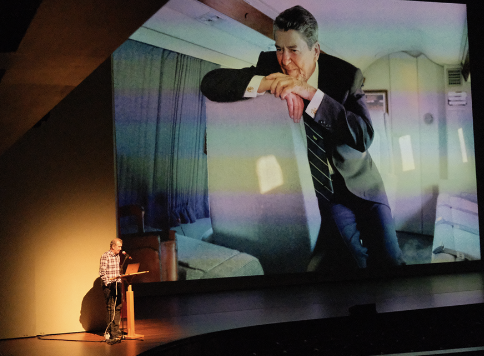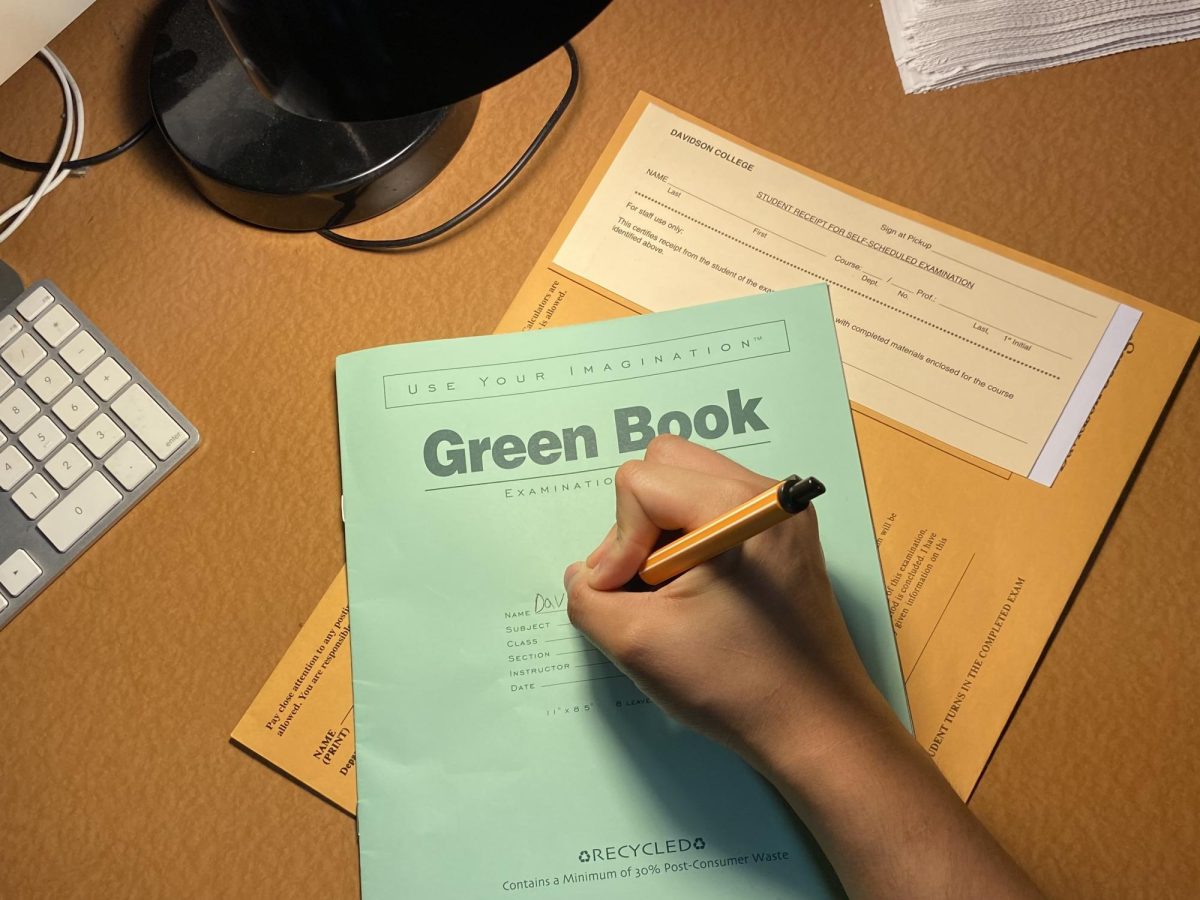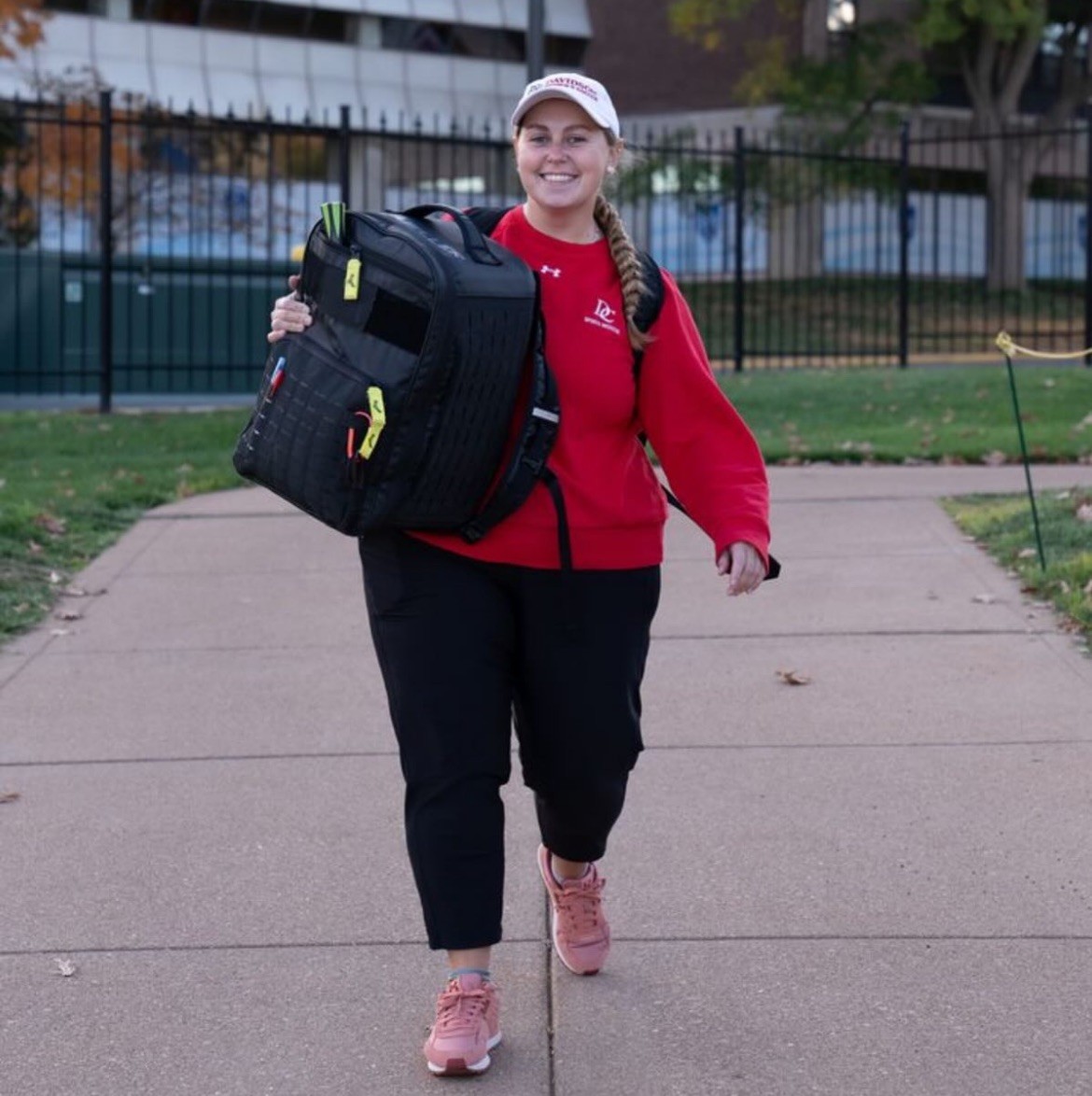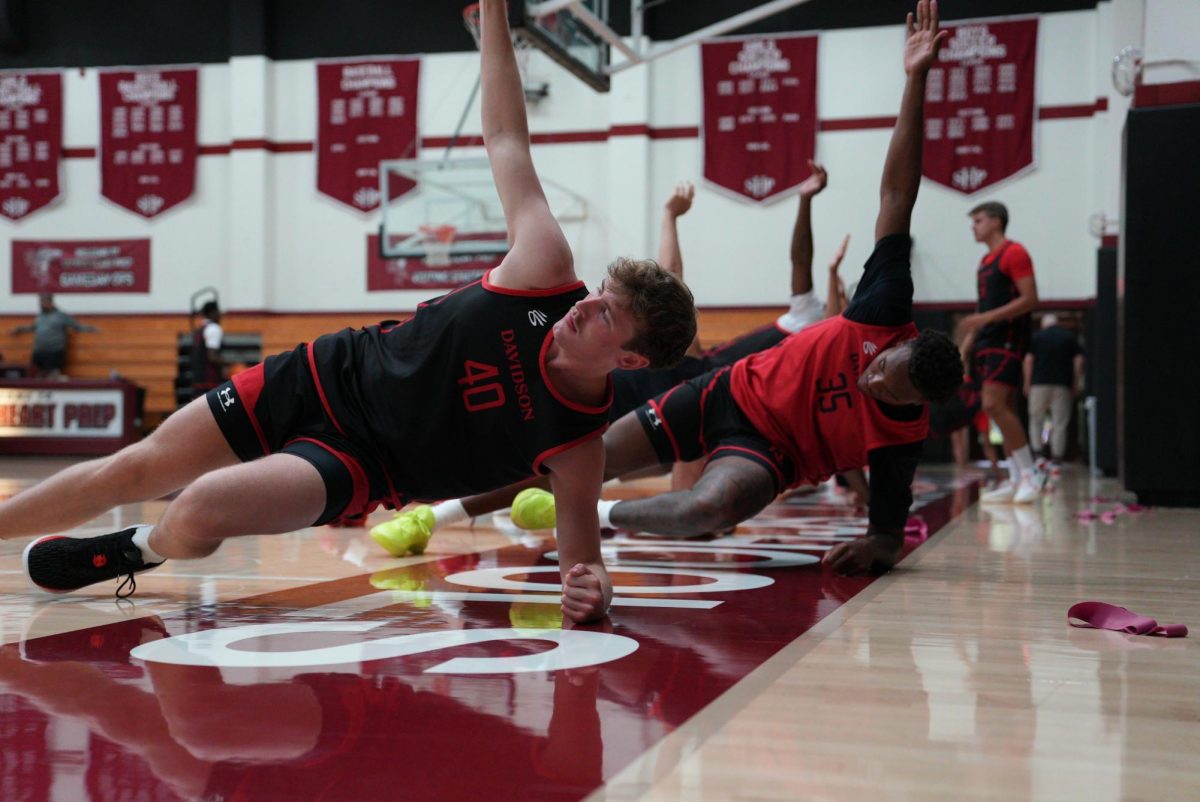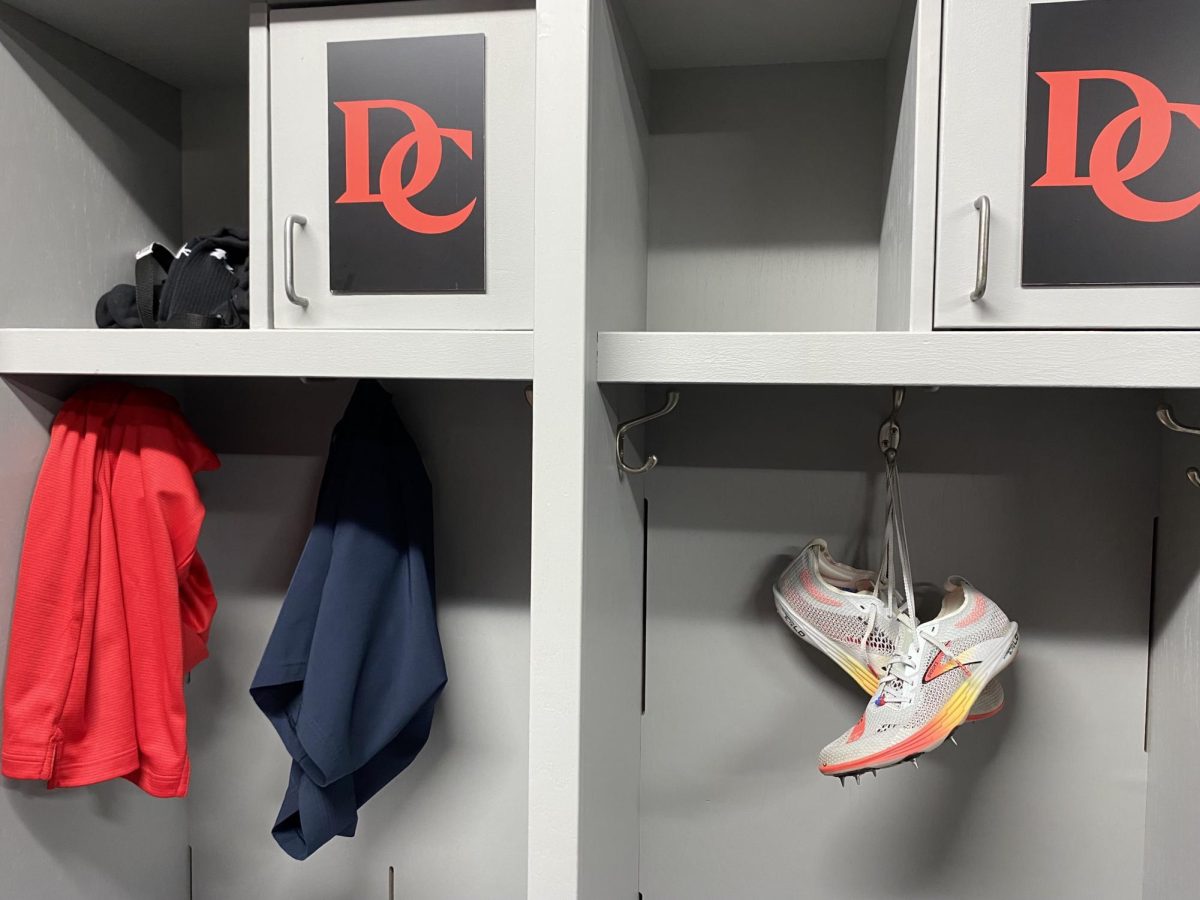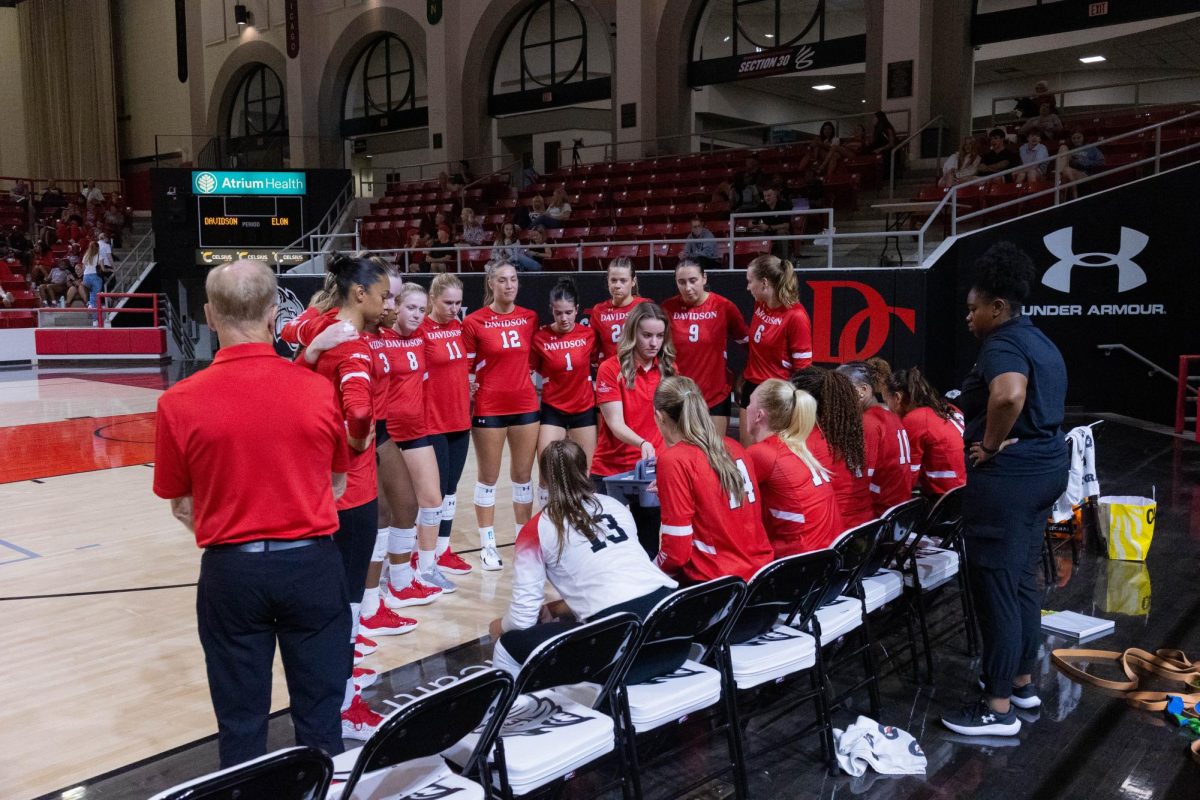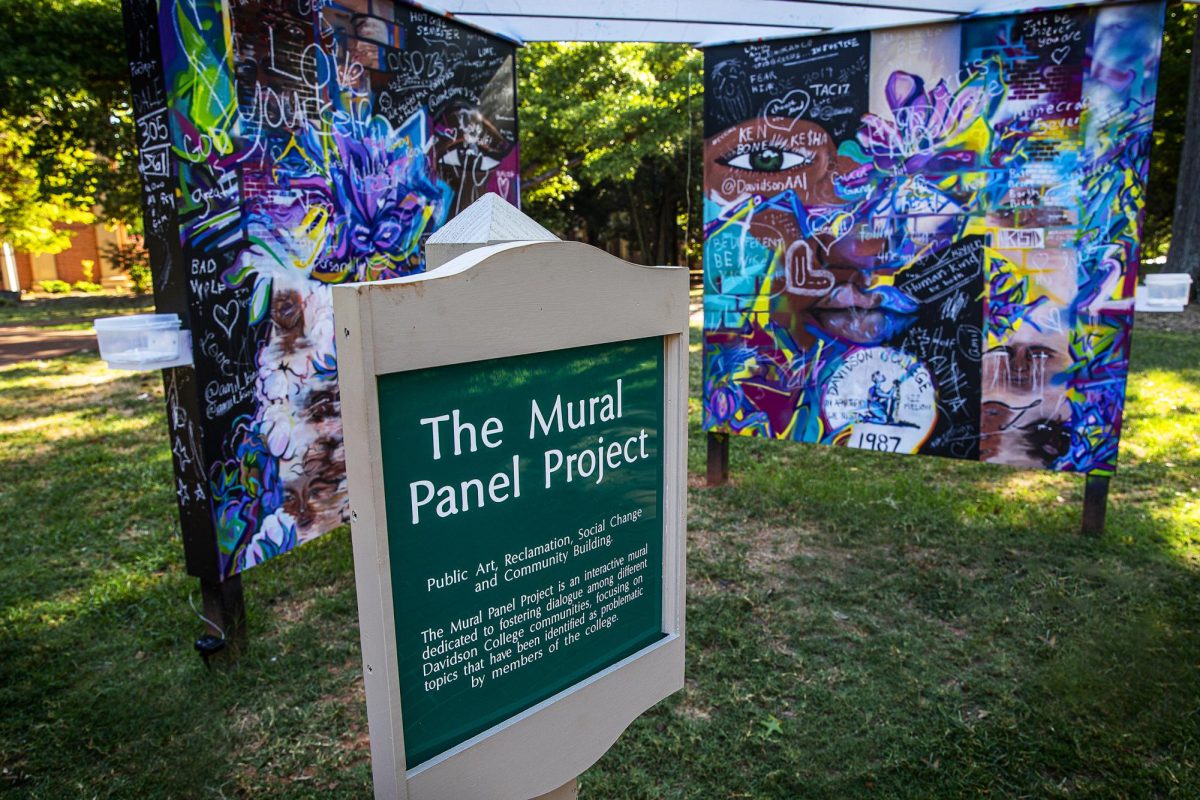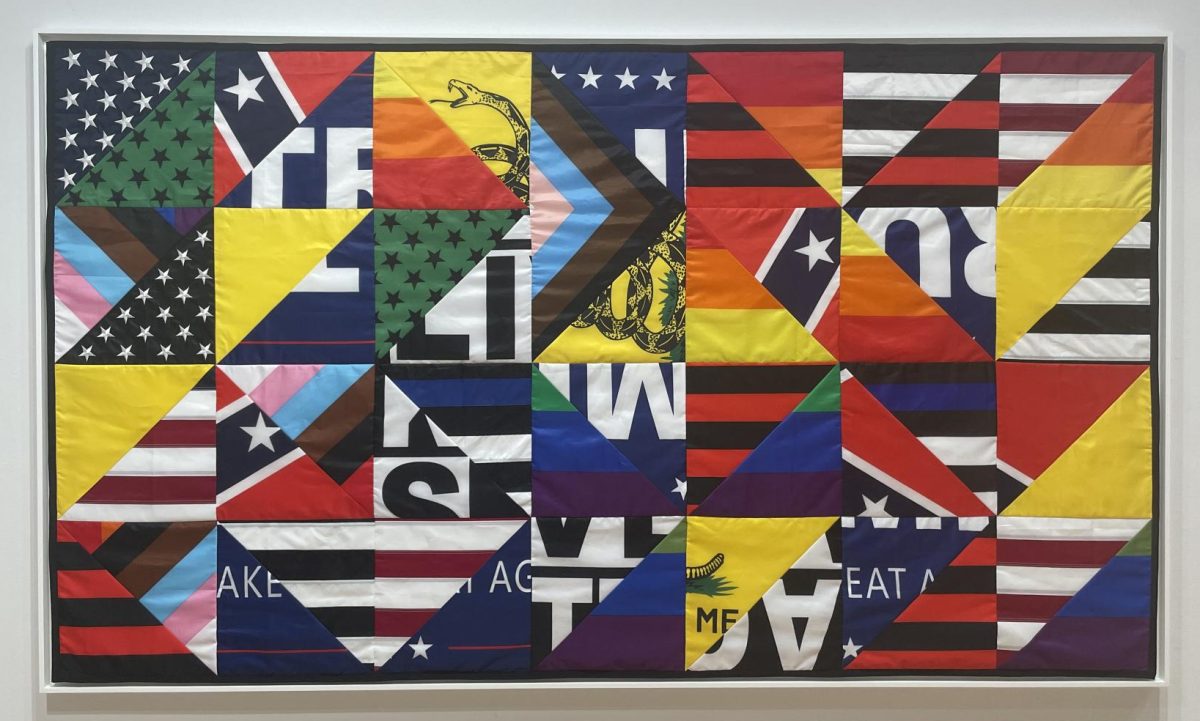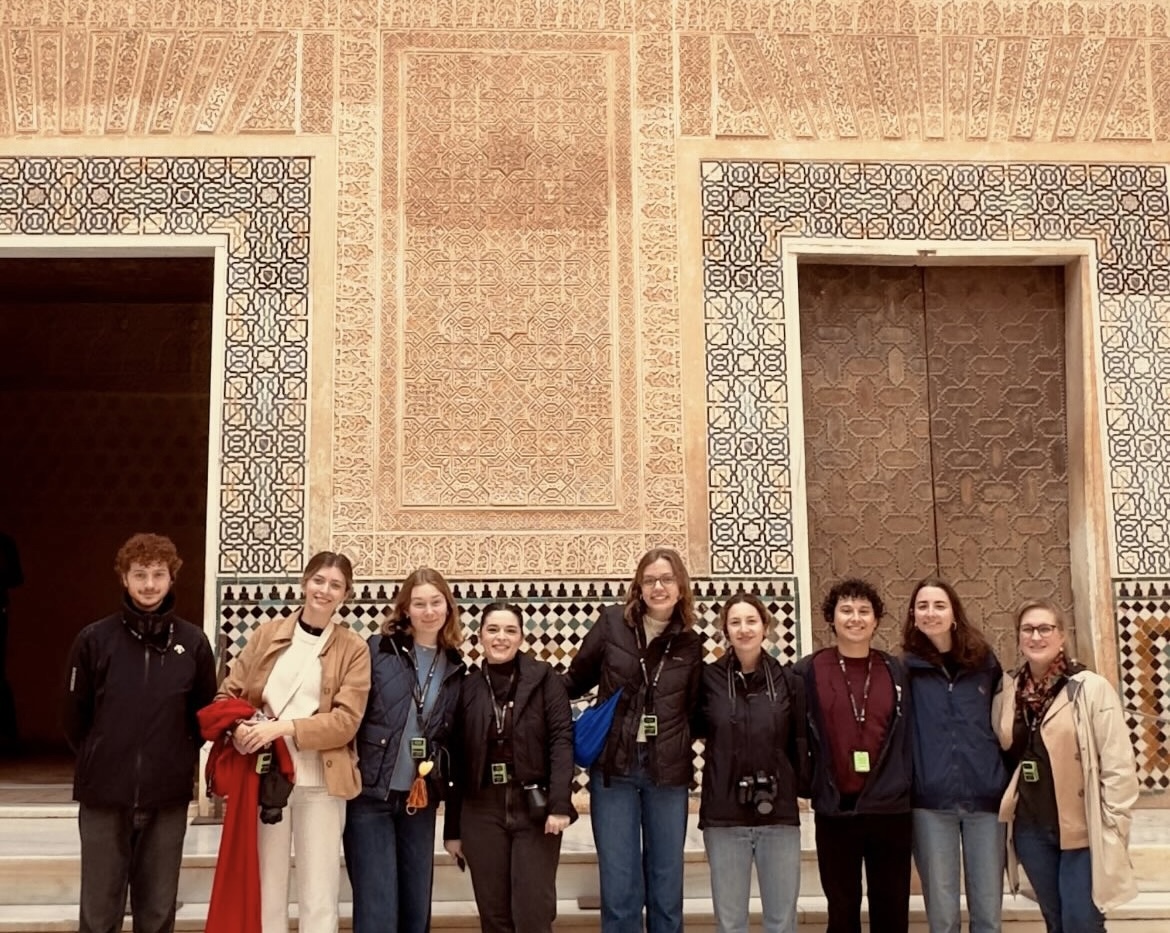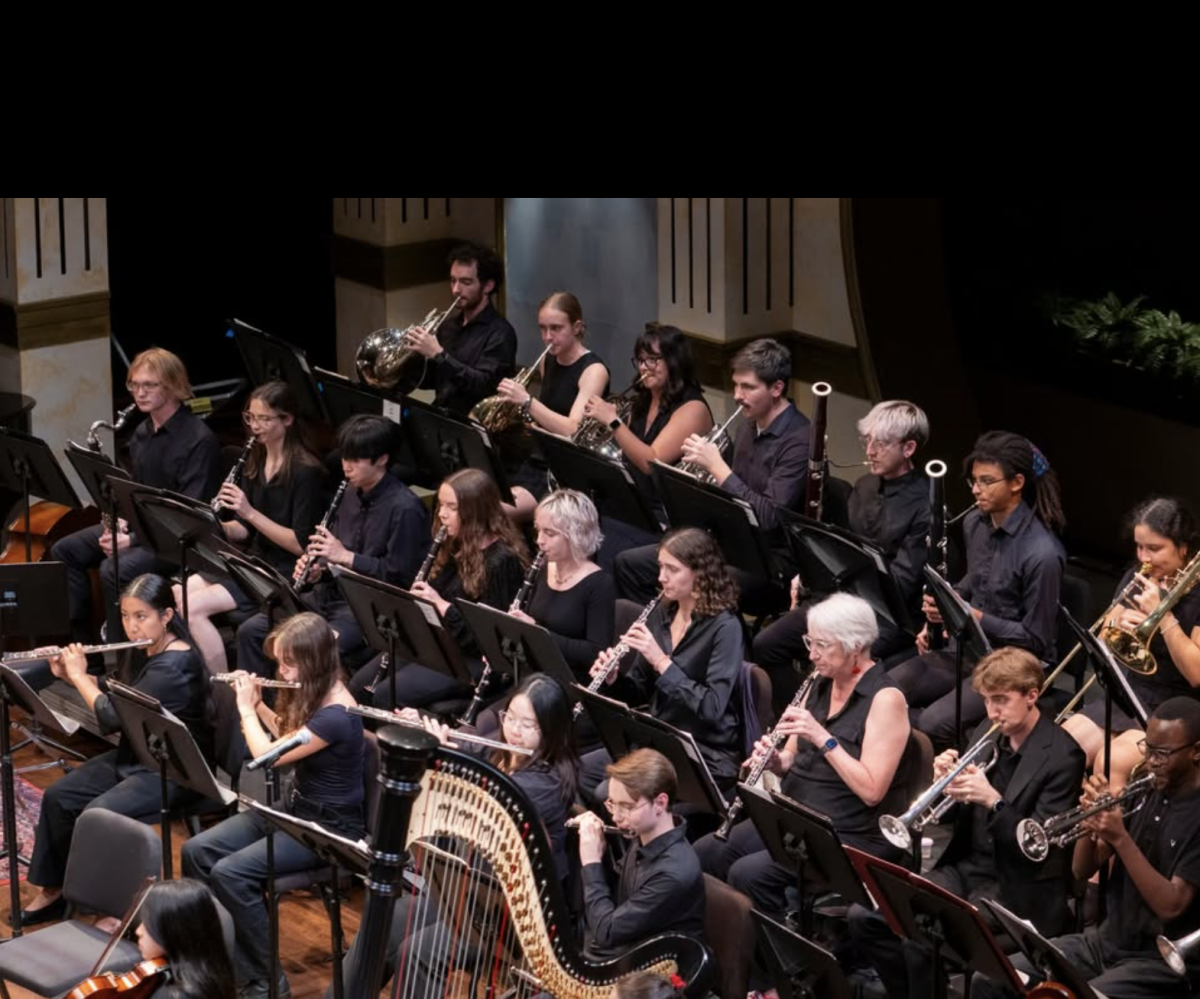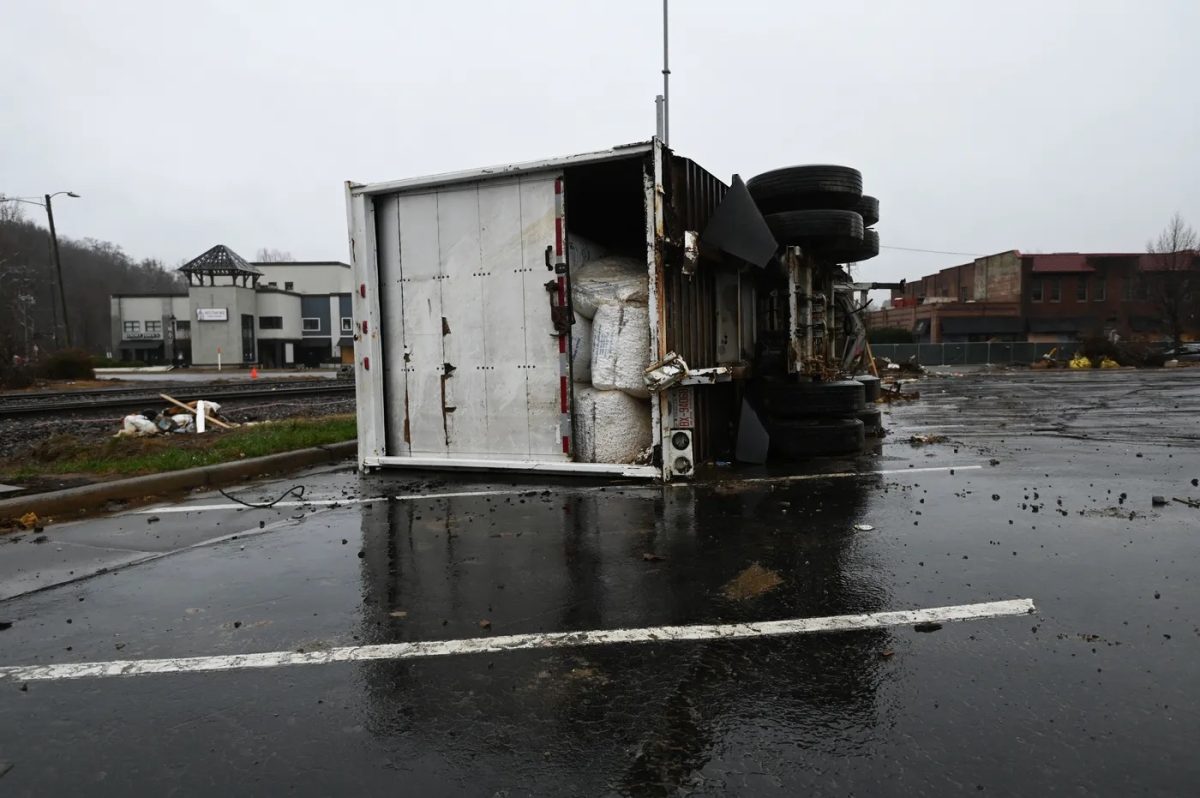The question of whether individuals born in the United States are automatically guaranteed citizenship has rarely been disputed. Recently, however, the issue has been thrust into the spotlight after the Trump administration signed a day-one executive order to end birthright citizenship after Feb. 19. The issue has now made its way to the Supreme Court, prompting questions about the constitutionality and implications of a possible reversal.
The legal battle began when federal district judges in Washington state, Maryland and Massachusetts issued preliminary injunctions that prevent the government from implementing Trump’s executive order.
Then, on March 13, Acting Solicitor General Sarah Harris urged the Supreme Court to partially block those injunctions by limiting them to the individual plaintiffs identified in the three cases. SCOTUSblog reports that Harris argued “the federal government should be able to take ‘internal steps to implement’ the executive order while the litigation continues, even if it cannot enforce it.”
Most legal scholars agree that the arguments against birthright citizenship face a steep challenge in court. Associate Professor of Political Science Dr. Andrew O’Geen believes the constitutionality of birthright citizenship may not be the primary focus of the case. Rather, the Supreme Court may be more interested in the constitutionality of injunctions, or the ability of district judges to temporarily pause the implementation of a policy nationwide.
“I think the underlying question of the validity of [the injunction] process is really the crux of this case and this particular issue. There are justices on the Supreme Court who have expressed some suspicion about whether this is an appropriate thing for federal judges to do,” O’Geen said.
President of the Davidson College Republicans Stephen Walker ‘26 and political science major Mary Molloy Blackstock ‘26 are students in O’Geen’s Civil Liberties course, which covers constitutional amendments in chronological order. “It’s a class that I enjoy teaching quite a bit, in part because it’s relevant to what’s going on in the world,” O’Geen said. “Just read the news and you can see how important a lot of this stuff is.”
The course focuses on the development of civil liberties throughout U.S. history. “We’ve looked at how civil liberties have been conceived of in the past through reading old Supreme Court opinions and then [looked] at their development over time, how they’ve been expanded or limited more as the members of the court change,” Walker said.
Particular emphasis is placed on the 14th Amendment, which concerns citizenship, equal protection and due process. “The second half of the semester is focused on the 14th Amendment,” O’Geen said. “We actually don’t spend a ton of time on birthright citizenship […] It was sort of this thing that everyone kind of took for granted.”
Blackstock thinks the Trump administration’s decision to bring the birthright citizenship case before the Supreme Court—even if only to challenge injunctions—is still problematic.
“I think that this attempt to end birthright citizenship is a really blatant abuse of executive orders and executive power, which is very indicative, I think, of his respect for the Constitution and respect for limits on his power, as well as respect for checks and balances. Because the way I view it, it is sort of a challenge, a test of loyalty to the conservative justices, his appointees, on the Supreme Court,” Blackstock said.
Walker believes the Trump administration’s controversial legal challenges are part of an appeal to Trump’s base. “My impression of the legal challenges is, there was a lot of popular support […] within his voter base to address some issues that might not be clearly answered by the way some of these laws are written.”
O’Geen sees the administration’s challenge as an example of Trump’s approach to wielding executive power. “[Trump] sees the judiciary in exactly the same way as he sees everything else, which is as part of a larger transaction that he can either win or lose.”
Throughout the semester, O’Geen has tried to emphasize to his students the significance of the Court’s actions. “In the past, presidents have […] understood that part of their role is to make sure that this system has a certain amount of legitimacy and a certain amount of credibility,” O’Geen said.
“When the president of the United States, who is the most powerful person in the country and most visible person in the country, undermines that credibility, it damages the system.”

